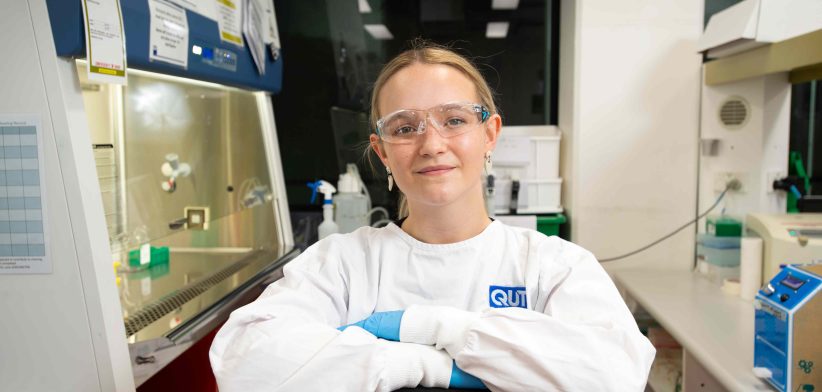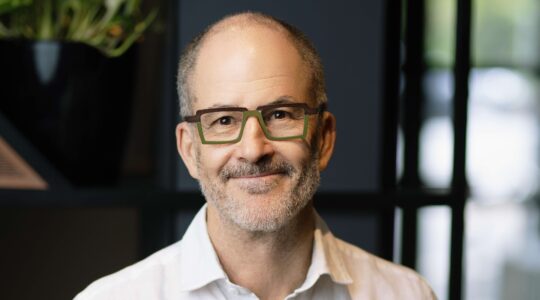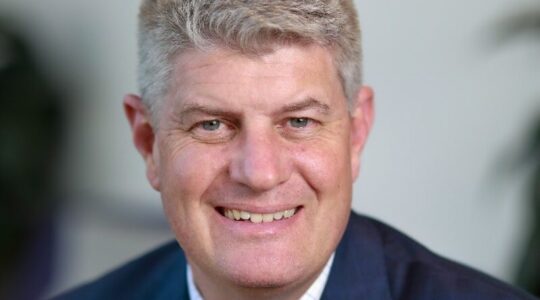Ensuring life-saving drugs get to market fast drives QUT PhD student Laura Milton.
The Brisbane university’s latest Fulbright Scholar is off to the University of Washington to work with researchers in advanced microfluidic devices, which speed up the validation process in drug testing.
In a field where it is important to fail-fast so time is not wasted in finding viable drugs, speeding up the laborious process of discovering and testing new, potentially life-saving drugs is vital.
This is what inspires Ms Milton, a biomedical engineering student from the QUT School of Mechanical, Medical and Process Engineering.
“My Fulbright project aims to increase the efficacy of the drug-testing pipeline by generating more predictive drug-screening models. I’ll be using microfluidic cell culture devices that accurately mimic the human body,” she said.
Microfluidic devices are micro-scale drug testing platforms comprising plastic structures that can contain or pattern novel biomaterials in which specific human cells are grown into minute 3D tissue or organ models for the study of a variety of disorders.
“For example, researchers could grow cells into a tiny heart tissue which could contract and therefore mimic the way the heart works,” Ms Milton said.
“We could, for example, deprive the ‘heart’ of oxygen, mimicking a heart attack, and evaluate the effectiveness of one or more emerging therapeutics on a relevant model with results that are more likely to mimic what happens in human patients.
“This technology has great potential to significantly reduce the reliance on traditional in vitro cell models and animal testing, stages that are not only costly but also time-intensive.
“This is all prior to extensive human trials, which themselves can take years to complete.
“By facilitating testing on human tissues and organs in a 3D environment designed to closely mimic that of the human body, microfluidics offers an alternative to animal testing and limits the possibility of harm to human trial participants due to unpredicted side-effects.”
Ms Milton will work with Associate Professor Ashleigh Theberge at UW in Seattle.
“Professor Theberge runs an incredible lab that generates unique ‘open’ microfluidic devices to best model human tissues and organs,” she said.
“Her work has heavily inspired some of my PhD, and I can’t wait to expand my research under the guidance of such an expert.”
Ms Milton’s Honours thesis in Biomedical Science explored changes to the microglia in the brain of people with Alzheimer’s disease compared with healthy volunteers.
“I became frustrated that there was no effective model for predicting the impact of promising therapeutics that could prevent, slow or cure Alzheimer’s disease, and I realised that microfluidics opens up huge opportunities to do this.”
After her stint at UW, Ms Milton intends to continue research in drug-testing platforms and models.
A woman in STEM, she emphasises the importance of mentorship and teaching, and encourages women to back themselves.
“I want to show young women that it is entirely possible to get where you want to go.”








